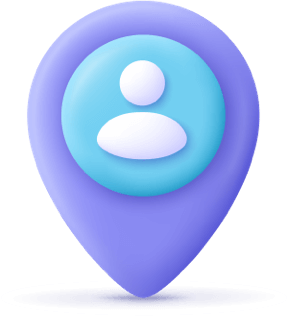| Topic: Congress OKs Bill to Legalize Cell Phone Unlocking | |
|---|---|
|
Edited by
RainbowTrout
on
Mon 07/28/14 08:08 PM
|
|
|
Almost two years after the Library of Congress moved to make cell phone unlocking illegal, Congress this week approved a bill that reverses that decision and will once again give consumers the right to unlock their devices.
The bill, the Unlocking Consumer Choice and Wireless Competition Act, must now be signed by President Obama to take effect. The Senate approved the bill on July 15, and the House did the same on Friday, clearing the way for the president's signature. The measure specifies that consumers can unlock their cell phones without running afoul of copyright laws. It also directs the Librarian of Congress to consider whether gadgets like tablets should be eligible for unlocking. "The bipartisan Unlocking Consumer Choice and Wireless Competition Act puts consumers first, promotes competition in the wireless phone marketplace, and encourages continued use of existing devices," Sen. Patrick Leahy, the Vermont Democrat who penned the Senate bill, said in a statement. "Once the President signs this bill into law, consumers will be able to more easily use their existing cell phones on the wireless carrier of their choice." "This law will protect consumer choice by allowing flexibility when it comes to choosing a wireless carrier," said Virginia Republican Bob Goodlatte, who sponsored the House version. The debate dates back to an October 2012 decision from the Library of Congress's (LOC) Copyright Office, which gave consumers a 90-day window to unlock their phones without carrier permission before that practice became illegal in January. The Copyright Office reviews the rules on unlocking (and jailbreaking) every three years, as required by the Digital Millennium Copyright Act (DMCA). In 2012, regulators found that "there are ample alternatives to circumvention. That is, the marketplace has evolved such that there is now a wide array of unlocked phone options available to consumers." That did not sit well with OpenSignal's Sina Khanifar, who added a petition to the White House site asking for the decision to be reversed. It passed the 100,000 e-signature threshold needed for an official White House response, and that response was posted in March 2013, with the Obama administration issuing its support for cell phone unlocking. By December, the wireless industry committed to a voluntary set of principles that will make it easier for consumers to unlock their devices. The House and Senate bills were then introduced in February and March, respectively. But as Khanifar noted, the unlocking exemption will only last until the Librarian of Congress's next rulemaking, scheduled to happen in 2015. "With such a strong signal from Congress, it's very unlikely that the Librarian will remove the unlocking exemption," Khanifar said in a statement. "But the fact that public advocacy organizations have to make a fresh case for an unlocking exemption every three years is a perfect example of why the underlying copyright law, Section 1201 of the Digital Millenium Copyright Act, is in dire need of an update." Khanifar has long argued that the cell phone unlocking debate highlights a larger issue with the DMCA. His site, FixTheDMCA.org, takes aim at Section 1201 of the law, which requires reviews every few years. By Chloe Albanesius July 28, 2014 10:10am EST The bill comes nearly two years after the Library of Congress moved to make cell phone unlocking illegal. http://www.pcmag.com/article2/0,2817,2461481,00.asp |
|
|
|
|







